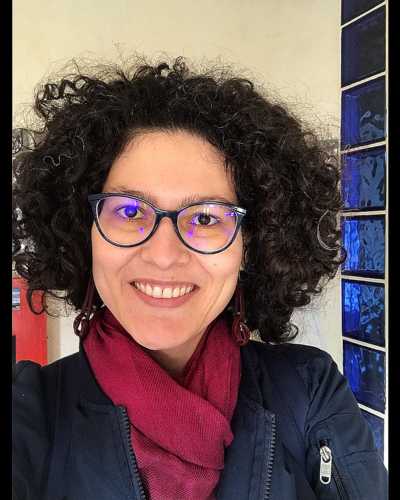Abstract
Introduction: Universities have the ability to bring science and comprehensive care to remote regions. This can be done through the creation of rural clerkships during the training of health professionals.
Methods: Report of students' experiences during their rural clerkships in Brazil.
Results: Rural clerkships made contact possible between students from different areas of health, such as medicine, nutrition, psychology, social assistance, and nursing. This multidisciplinary team expanded the possibilities of care in the region, which often suffers from a shortage of healthcare professionals.
Discussion: Students noticed that the use of management and treatment guided by evidence-based medicine was more common in their university than in rural facilities. The relationship between students and local health professionals provided discussions and application of new scientific evidence and updates. Due to the greater number of students and residents of the multi-professional health team, it was possible to initiate health education, integrated case discussions, and territorialization projects. Areas with untreated sewage and a high local concentration of scorpions were identified, which allowed a targeted intervention. The students noticed the numerous differences between the tertiary care they were used to at medical school and the access to health and resources in a rural area. Collaboration between educational institutions and rural areas with scarce resources makes it possible to exchange knowledge between students and local professionals. In addition, these rural clerkships expand the possibilities for care for local patients and make it possible to carry out projects related to health education.
You might also be interested in:
2020 - Community acquired pneumonia: a cost-of-illness analysis in Greece
2014 - 'Heart attack' symptoms and decision-making: the case of older rural women



